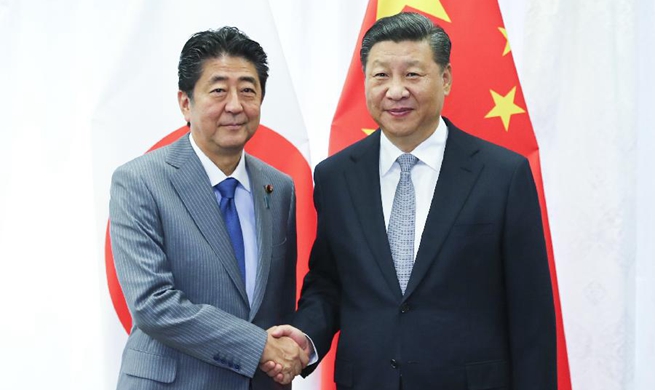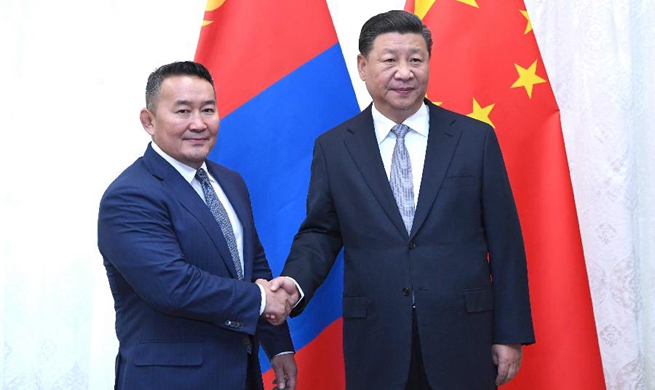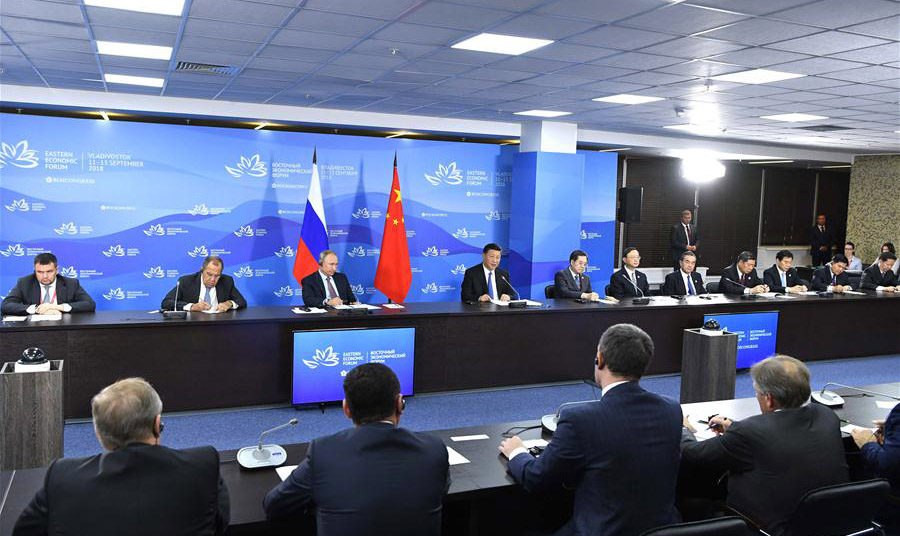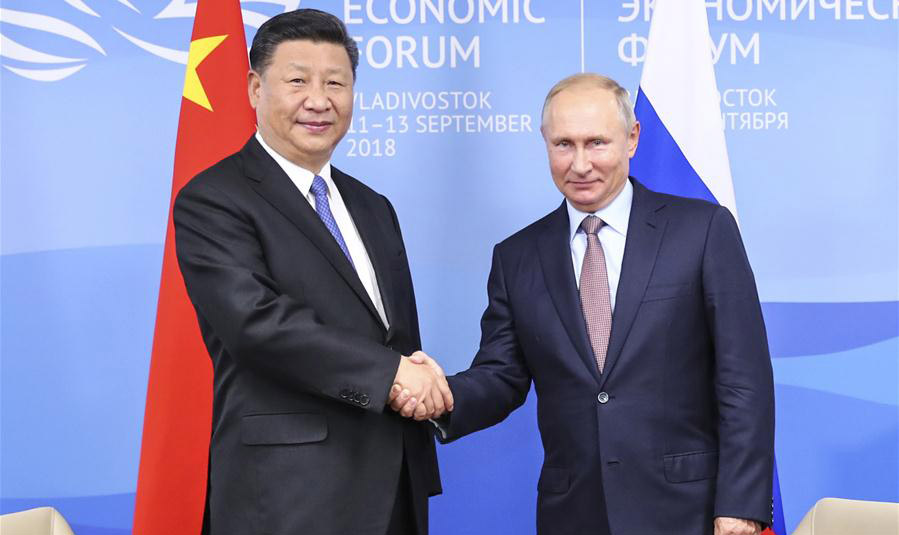STRASBOURG, Sept. 12 (Xinhua) -- Taking the lead for the first time to launch a disciplinary procedure against a European Union (EU) member state, the European Parliament voted Wednesday in Strasbourg to trigger Article 7 of the European treaties against Hungary, which could lead to the suspension of Hungary's voting rights.
The European Parliament launched the action, citing the concern of a "serious breach of European values".
Requiring an absolute majority and 2/3 of votes cast, the legislative resolution was adopted with 448 in favor, 197 against and 48 abstaining.
The disciplinary procedure known as Article 7 has only been triggered once before, in December 2017, against Poland.
In the case of Hungary, MEPs were concerned about a variety of issues, including the independence of Hungarian courts, the control of higher education institutions, news media issues, fundamental rights, and especially policies regarding refugees and asylum seekers.
DELICATE ISSUE
When European Parliament President Antonio Tajani began the voting procedure on Wednesday, he said he would go slowly, checking the tally on all amendment votes, and verifying counts because "this is a very delicate issue".
Tajani's caution had good founding in the tumultuous Tuesday debate that preceded the vote, when Hungarian Prime Minister Viktor Orban addressed the European Parliament and claimed the resolution, still in draft form at that time, was an offense to Hungary.
"The report in front of you insults Hungary and insults the honor of the Hungarian nation," Orban said during the debate to MEPs, meeting for a plenary session in Strasbourg.
The Hungarian prime minister received harsh criticism, even within his own political family.
Manfred Weber, leader of the European People's Party, the largest of the European Parliament's political groups, and the one which includes Orban's Fidesz party, was clear during Tuesday's debate that he would support the Article 7 resolution.
"Without a readiness of the Hungarian government to solve the current issues, the legal concerns that are on the table, the start of a dialogue based on Article 7.1 could be needed," Weber told the chamber.
In a Wednesday afternoon press conference following the resolution's adoption, rapporteur Judith Sargentini (Greens, Netherlands) told reporters that she had personally thanked Weber for making his position clear, and for showing that the European Parliament wants action and accountability.
A rare voice in support of Orban was Nigel Farage, the Chair of the Europe of Freedom and Direct Democracy Group, and a well-known euroskeptic for his role in the Brexit campaign. Farage said it was good to finally see a European leader "stand up for his principles". Farage also encouraged Orban to "join the Brexit club".
ORBAN DEFIANT
Despite the possibility of sanctions, Orban vowed to defy the European Parliament, saying "Hungary will not accede to this blackmailing ... and if needed we will stand up to you".
This would not be the first time the Hungarian PM has gone against a EU institution. Hungary has repeatedly defied Brussels regarding the migrant crisis, refusing to resettle refugees in a scheme agreed upon by EU institutions, and shutting down NGOs and activists from helping migrants, even when functioning with EU funds.
The strategy has apparently been to Orban's benefit, helping him reelection in April 2018 by a landslide. His Fidesz party gained a 2/3 majority in the Hungarian parliament after voters backed his anti-immigration platform, and Orban himself won his third consecutive term as prime minister.
Hungarian MEPs from Fidezs, also emboldened, questioned the final count on the resolution Wednesday. The European Parliament's legal services will verify the count, but is not expected to overturn it.
POSSIBLE SANCTIONS
In a press conference following the successful vote for the legislative resolution, rapporteur Judith Sargentini indicated that the next steps to be taken were currently unclear.
With only one precedent of Article 7 being triggered in the past, and at the behest of a different institution, the European Commission, Sargentini was not able to give a definitive schedule to reporters.
"As of now there is no timeline" for the European Council to act, she said. She expected, however, that she would be invited to a European Council summit to present her report.
According to European Commission documents, the first set of procedures, Article 7 (1), are intended to help prevent "a serious breach of European values".
If launched by the European Council, these procedures will put in place a series of mechanisms designed to protect against the breach in terms agreed to by the member state when they joined the European Union.
If preventative measures do not work, or the breach has already occurred, Article 7 (2) can put sanctions in place, including the stripping of voting rights in the European Council and other EU bodies.











